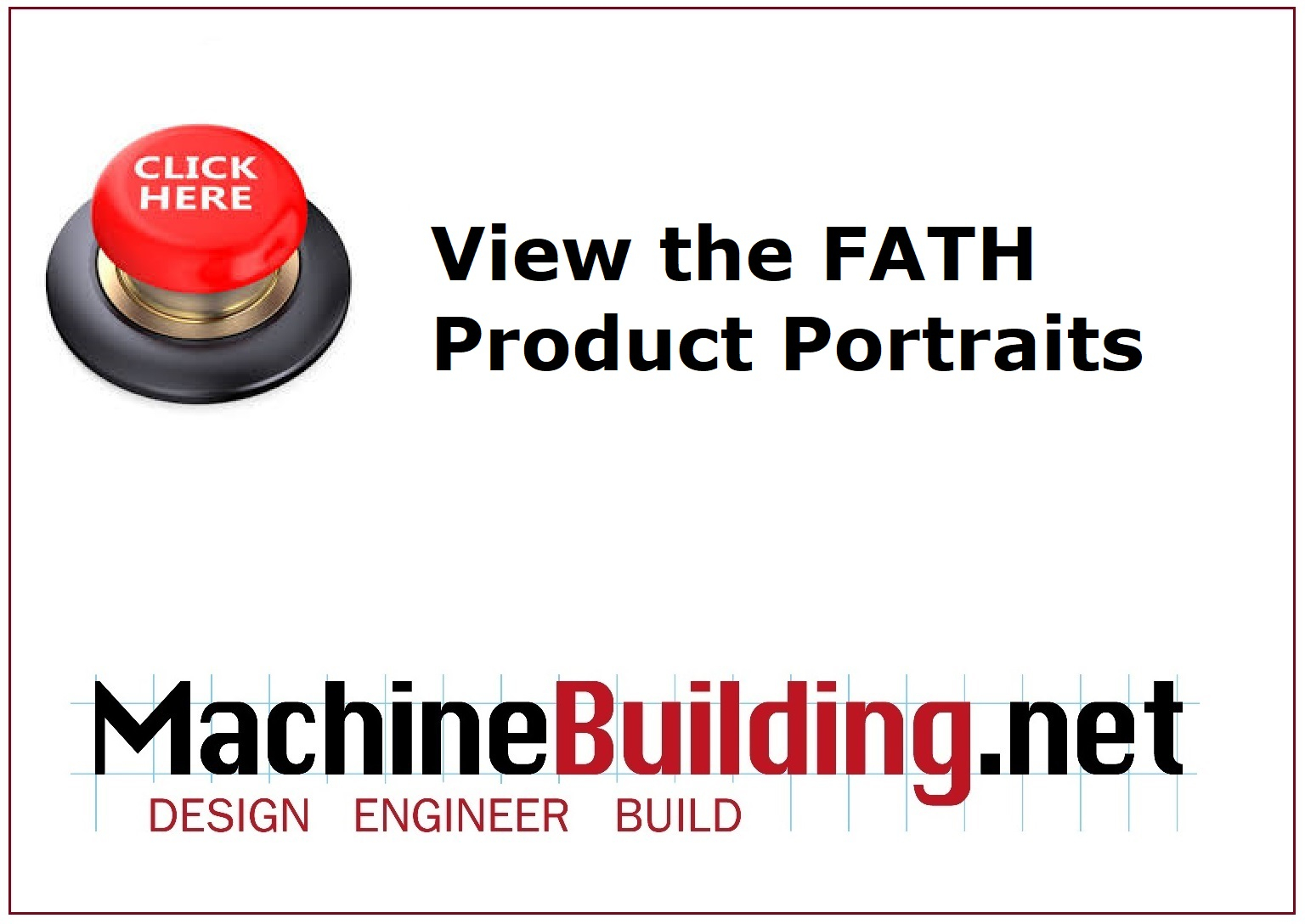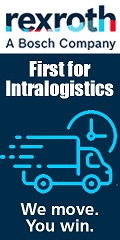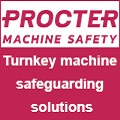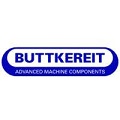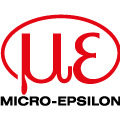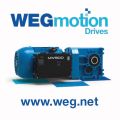
Posted to News on 13th Feb 2014, 14:45
Benefits of Thin Client architectures in manufacturing
Rob Dinsmore, Product Manager for Availability at industrial IT provider SolutionsPT, looks at the benefits of using Thin Client computing within a manufacturing environment..
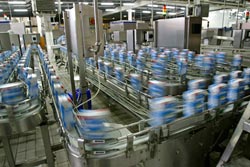
Before the days of desktop PCs, companies provided their users with 'dumb terminals' connected to mainframe computers. In the years since, significant hardware advancements saw a trend towards pushing out more and more complex services to users via PCs but, with all of the failure risks that come with a PC such as screens, fans and hard drives - and the cost of keeping them updated - for many, the desktop PC has become too high risk. For plant managers, faced with ever increasing availability/uptime targets, the issue is even more pressing, driving a shift towards Thin Client architectures.
With the adoption of technologies like terminal services, virtualisation, virtual desktop interface (VDI) and the like, a shift has begun to replace the traditional PC with a modern diskless, fan-less thin clients - with no hard drives, no storage space and no programs to upload or update, in many cases not even a resident operating system. Most major suppliers now supply 'thin-PC' hardware.
A majority of manufacturing and processing plants and industrial facilities already utilise applications that can benefit from virtualisation, and Thin Client architectures achieve something very similar to these virtual systems by consolidating computing resources and giving the user the capacity to manage applications much more easily.
Lower operating costs for Thin Clients
In the modern factory, Thin Client technology uses centralised management to simplify the management of applications and visual resources and, as a result, offers a raft of compelling benefits, including significantly lowering operating and energy costs, increasing factory floor uptime, reducing recovery time when something does go wrong and, of course, increasing security.
By implementing a Thin Client architecture, the majority of computation is centralised to an area that can be securely housed and protected in an optimum environment, which results in the clients out on the plant floor doing much less work than before, having no moving parts and being built to cope with the harsher conditions.
This has a direct and immediate impact on energy usage, as a PC typically uses about 80 watts of power per hour whereas a Thin Client will only consume about 20 watts, which translates to an energy saving of approximately 75 per cent. Lower management costs and lower power consumption make Thin Client systems more economical over time, and the bigger the system, the greater the savings.
Thin Clients improve IT security
Another benefit of Thin Client technology is the added security during system failures or replacement periods. In a traditional set up, the concentration of resources at the client end opens up the possibility of vulnerabilities should the hardware fail or be attacked deliberately. With a Thin Client system, users are only allowed the application access that the administrator grants, while disk storage on the server is not accessible at the client end, removing the risk of inadvertent infection via USB keys.
Closely coupled to the issue of security is that of availability, which a Thin Client architecture delivers more readily than is possible with dispersed PCs on a network. SolutionsPT has customers who have been using the same Thin Client hardware for 10 years. The MTBF (mean time before failure) of Thin Client hardware is considerably longer than that of networked PCs and, when they do fail, they can be changed over with ease because there is no operating system running on a Thin Client.
Over the last two years SolutionsPT has been collecting data from manufacturing professionals about the key IT trends that impact on manufacturing operations. Collectively the feedback highlights that the security of industrial systems is a major threat and a huge concern for manufacturing, operations and IT management.
Security in an industrial environment is about protecting your physical and virtual assets. The prevention of loss of valuable data related to personnel, production and performance, or proprietary technologies should be a priority.
A trend towards Thin Client architecture
The most recent data, gathered from more than 100 system integrators and end users at a nationwide Thin Client roadshow in late 2013, has revealed that a major shift is taking place in plant environments towards Thin Client and virtualisation.
SolutionsPT's research demonstrates that Thin Client technology is now widely used in plant environments, with 60 per cent of end user respondents saying they now make use of Thin Client. The drivers for the increased use in Thin Client technology in automation systems emerged as ease of management and increased flexibility, the consolidation of hardware and the demand for increased availability or uptime.
With the benefits of Thin Client technology being particularly key for production and operations management, senior engineering staff, the system integration community and board-level management, it should be no surprise to see its continuing growth. Thin-client computing maintains computer services at a drastically reduced total cost of ownership (TCO), delivering improved productivity and security.
For more information on how SolutionsPT can help your business with Thin Client Technologies go to www.industrialit.co.uk/acp-thinmanager-solution.
Unit 1, Oakfield Road
Cheadle Royal Business Park
SK8 3GX
UNITED KINGDOM
+44 (0)161 495 4600


